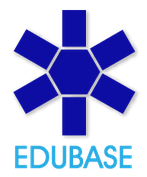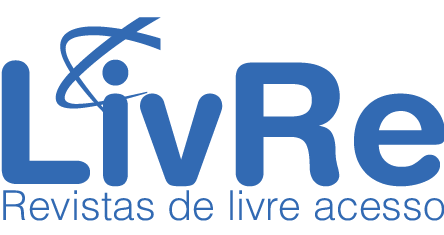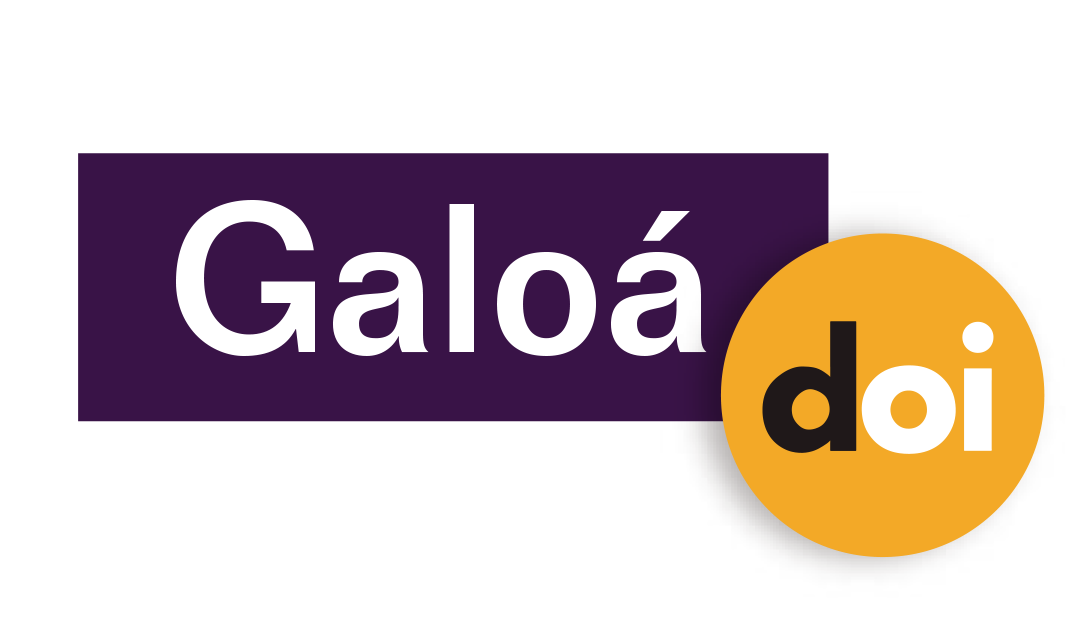A Sequence of Activities for Teaching Diophantine Equations: Possibility to Expand the Knowledge Base of Future Mathematics Teachers
Resumo
Context: One of the challenges in the initial of mathematics teachers is to articulate the contents studied in the disciplines at the university with the themes of Basic Education. Objectives: to analyse, in the light of the assumptions established by Ball, Thames, and Phelps, the knowledge base for the teaching of Diophantine Equations of a group of future mathematics teachers participating in an experience of a teaching sequence. Design: the principles of the Design Experiments methodology were observed. Environment and participants: The study involved a group of ten students of the Mathematics Teaching Degree Course of a campus of the Federal University of Sergipe. Data collection and analysis: We analysed the reflections of the group of undergraduates, written records and audio recordings, generated by the experience of a teaching sequence on Diophantine Equations, which explored the relationship between a content of the Theory of Numbers and themes that would be taught in Basic Education. Results: The results show that the experience of the sequence provided the group of undergraduates with reflections on the difficulties that Basic Education students may have in situations involving equations and on how teachers could help students overcome them. Conclusions: Throughout the process, we observed advances in the understanding of the mathematical object, expanding the teaching professional knowledge base of the participants on the subject. This study concluded that a broader focus on the discussions to be promoted in the initial teacher education is needed to include and emphasise the relationship between the contents seen in the specific disciplines of Mathematics and those that will be taught in Basic Education.
Palavras-chave
Initial Education; Teaching Professional Knowledge; Teaching Sequence; Diophantine Equations
DOI: https://doi.org/10.17648/acta.scientiae.6080
Apontamentos
- Não há apontamentos.
Direitos autorais 2020 Marta Élid Amorim, Ruy César Pietropaolo, Maria Elisa Esteves Lopes Galvão, Angélica da Fontoura Garcia Silva

Esta obra está licenciada sob uma licença Creative Commons Atribuição 4.0 Internacional.
ANÚNCIOS
Informamos que, a partir de outubro de 2024, a revista Acta Scientia volta a aceitar submissões de artigos para publicação.
Mais, informamos que sites fraudulentos, https://periodicos-ulbrabr.org e https://periodicos-ulbrabra.org, estiveram se passando pela Acta Scientiae, utilizando nosso nome e identidade visual e até solicitado taxas de APC, que nós não cobramos. Aconselhamos cautela para evitar serem enganados por sites semelhantes.
Conceito A2 na Capes(2021)
Índice h5 do Google Scholar: 13
Índice mediana h5 do Google Scholar:24
eISSN: 2178-7727
Indexações:
A Acta Scientiae é indexada em: | Scopus |  | Latindex |  | Edubase (SBU/UNICAMP) |
 | Sumarios.org |  | Google Scholar |  | Portal LivRe (CNEM) |
 | Journals for Free |  | REDIB |  | Galoá DOI |

Todos os trabalhos publicados aqui estão sob uma licença Creative Commons - Atribuição 4.0 Internacional.
